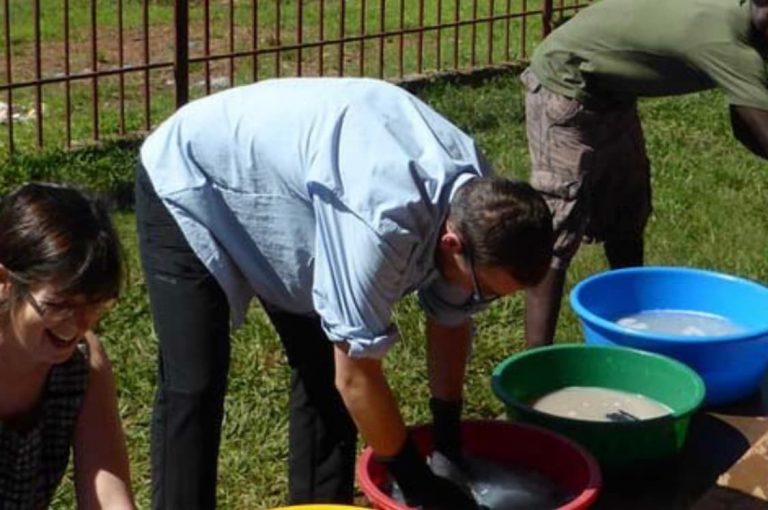The PTWC was established in April 2007 through Prevention Through Empowerment (PTE), in partnership with CACHA and the Kilimanjaro Women Information Exchange and Consultancy Organization (KWIECO).
The objective of the PTWC is to improve health in the Kilimanjaro Region through access to affordable, high quality and innovative health care models and addressing the social determinants of health. The PTWC is able to do this by assisting women affected by the stigma associated with HIV/AIDS; raising awareness of the disease by offering free medical treatment and HIV testing through a medical clinic; bi-annual medical caravans; and outreach initiatives in at-risk communities.
Current Work
Each year, the PTWC, the clinic and its outreach programs:
To support the community, the PTWC:
PURE: Prospective Urban and Rural Epidemiological Study
The Kilimanjaro Cervical Cancer Screening Project
Next Steps
PTWC aims to expand its health outreach activities and connect them with education campaigns and community engagement. Ultimately, the PTWC would like to create a health feedback loop, with each part of the system feeding into another.
One of these micro-finance enterprises is the solar lantern/phone charging project.
It provides families with an alternative source of energy, which in turn saves money, improves health, and increases study time for children
Spending of funds is confined to CACHA programs and projects approved by CACHA’s Board of Directors. Each contribution directed toward an approved program or project will be used as restricted with the understanding that when the need for such a program or project has been met, or cannot be completed for any reason, the Board will determine the reallocation of remaining restricted contributions.

|
|
For more information about this project please contact CACHA’s Assistant Project Officer [email protected]